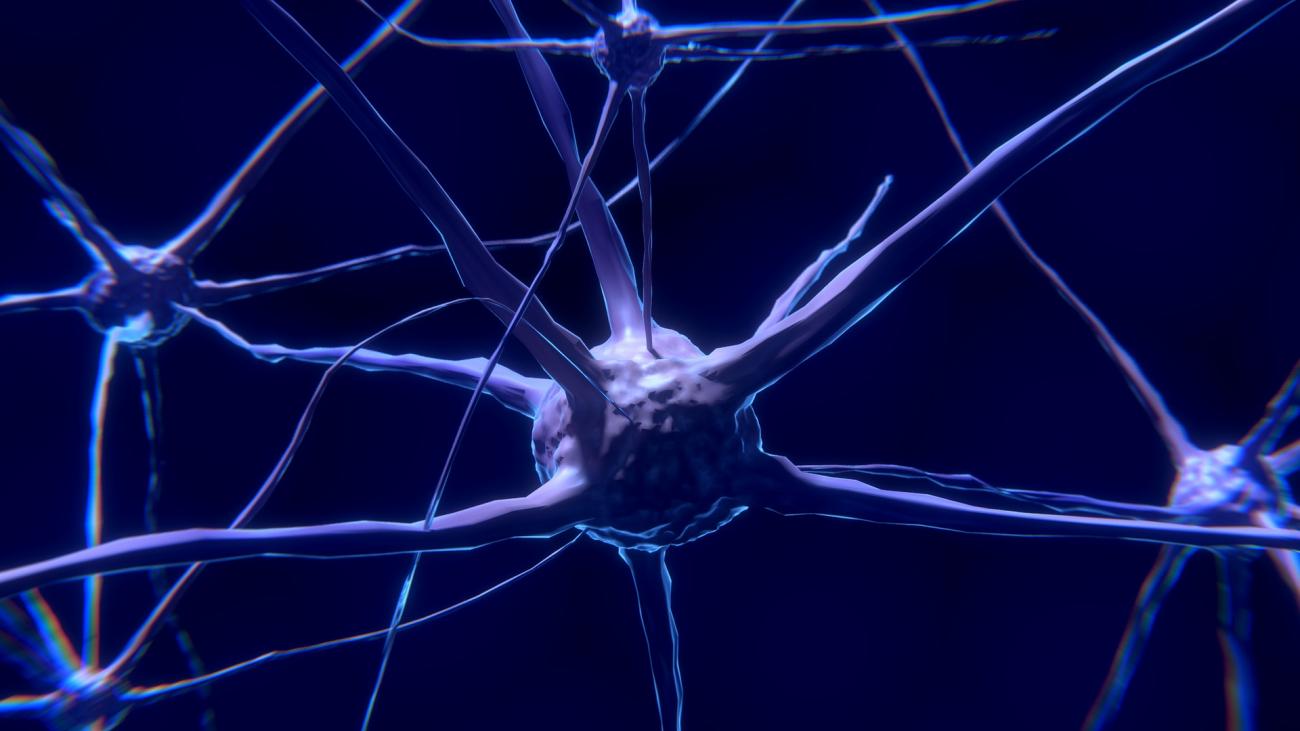Neural basis of flexible control of innate social behaviors
Animals exhibit a diverse array of innate social behaviors critical for their survival and reproductive success. These behaviors dynamically change across life stages to meet evolving physiological and social needs. For example, infants vocalize to seek maternal care, while juveniles preferentially engage in social play with peers. As animals mature, sexually dimorphic social behaviors, such as mating and territorial aggression, emerge during adolescence. The brain’s flexible control of these behaviors depends on an individual's physical maturation, social experiences, and various internal and external factors.
Past studies have identified neural populations in the hypothalamus, especially steroid hormone-sensitive neurons, that are essential for the control of innate social behaviors. However, little is known about how the underlying neural circuit develops and how established circuits are remodeled to enable age-appropriate behavioral transitions across life stages.
In this seminar, I will present our ongoing work using mice to investigate the development and plasticity of neural circuits governing social behaviors. Focusing on vocal communication, sexual behavior, and aggression, I will discuss how these behaviors and their underlying circuits are shaped during adolescence and motherhood. I will also highlight how hormonal signals and prior social experiences interact to modulate circuit function and behavioral output. Together, our work aims to uncover fundamental principles underlying the flexible control of social behavior across the life stages.
Dr. Tomomi Karigo is an Assistant Professor at Johns Hopkins University.
NACS Seminars are free and open to the public.




